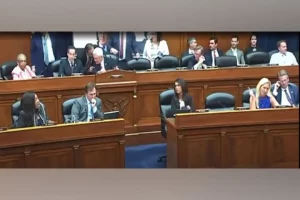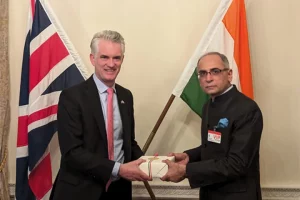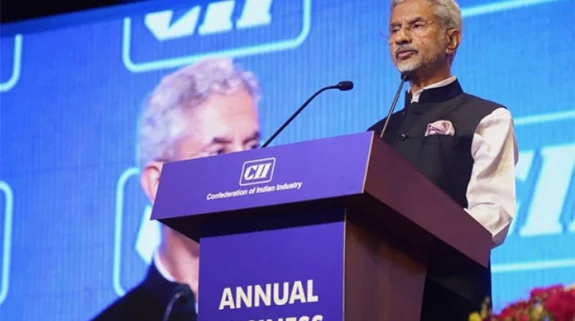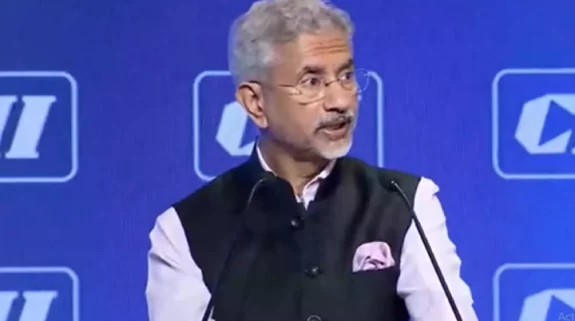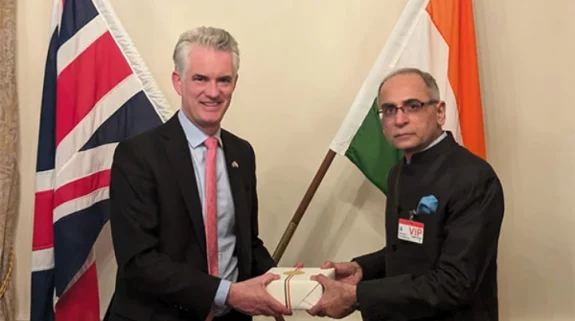Instances of cybercrime are on the rise in India. Half of the Indian adult population has experienced cybercrime in the last one year, according to a report. Many believe that remote work and increased use of cybertime amid Covid 19 pandemic have made it easier for hackers to take advantage of the situation.
The report '2021 Norton Cyber Safety Insights Report,' by NortonLifeLock said that more than 27 million Indian adults experienced identity theft in the past 12 months and 52 per cent of Indian adults admitted they don't know how to protect themselves from cybercrime.
"In a year of lockdowns and restrictions, cybercriminals have not been deterred. More Indian adults fell victim to identity theft in the past 12 months and most are concerned about data privacy," said Ritesh Chopra, Director Sales and Field Marketing, India and SAARC Countries, NortonLifeLock, a consumer security company.
While many Indian consumers (90 per cent) are taking proactive steps to safeguard their data, two in five still feel it is impossible to protect their privacy (42 per cent) "in this age or say they don't know how to do so".
"It is, therefore, crucial for consumers to seek expert advice and take active measures to safeguard their online privacy," Chopra added.
The report, conducted online in partnership with The Harris Poll, surveyed more than 10,000 adults in 10 countries including 1,000 adults in India. About two-thirds (66 per cent) of Indian adults said that they are more worried than ever before of being a victim of a cybercrime. While 52 per cent turned to their friends for help, 47 per cent contacted the company that the account was hacked from for help resolving the issue.
"Similarly, 63 per cent of Indian adults reported that they feel more vulnerable to cybercrime than they did before the Covid-19 pandemic began," the report said.
Most Indian adults are concerned about data privacy (75 per cent) and want to do more to protect it (77 per cent), it added.
(IANS)








